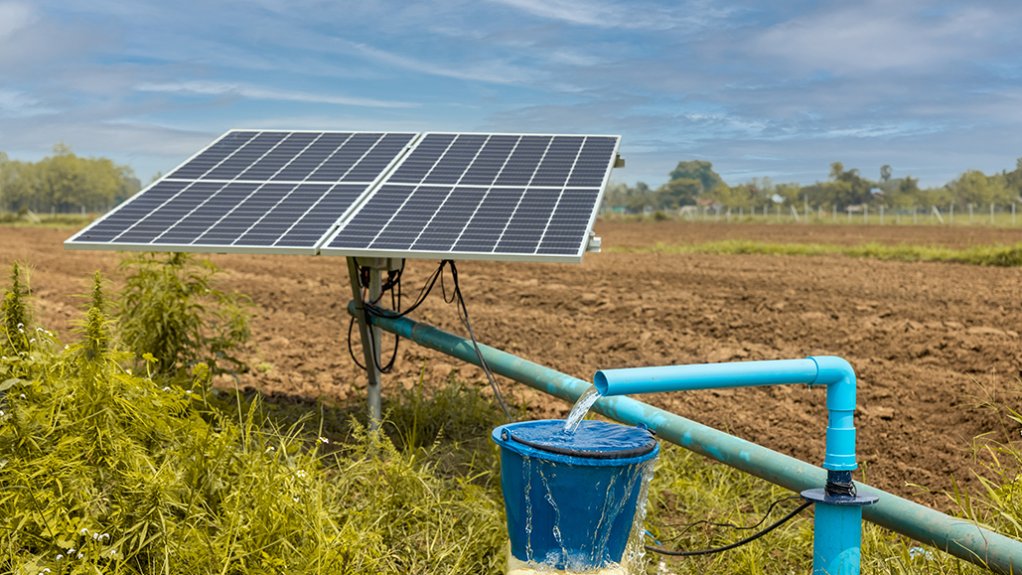
Support Yak Farmers' Livelihood through Solar Energy, Drinking Water, and Machinery Support
2024-08-23
Introduction
This programme aims to improve the livelihoods of Yak farmers by providing essential resources such as solar energy infrastructure, access to clean drinking water, and necessary machinery. By empowering Yak farmers with sustainable tools and amenities, we can enhance their productivity, improve living conditions, and promote economic stability within Yak herding communities.
Objectives:
- Solar Energy Provision: Install solar panels and renewable energy systems to power essential equipment, lighting, and heating systems in Yak farmers' households and facilities, reducing reliance on non-renewable energy sources and lowering operational costs.
- Drinking Water Access: Establish water supply systems, wells, or purification facilities to ensure Yak farmers have access to safe and clean drinking water, promoting health and hygiene practices within the community.
- Machinery Support: Provide Yak farmers with modern agricultural machinery, tools, or equipment to streamline farming operations, increase efficiency, and enhance productivity in Yak herding activities, such as feeding, milking, and transport.
Key Programs
- Solar Energy Infrastructure: Conduct a feasibility study to identify suitable locations for solar panel installations in Yak farming areas, procure and install solar systems, provide training on maintenance and operation, and monitor the impact of solar energy on energy efficiency and cost savings.
- Drinking Water Facilities: Assess the water needs of Yak farming communities, design and implement water supply projects, install water purification systems where necessary, conduct hygiene awareness programs, and ensure sustainable management of water resources.
- Machinery Provision: Conduct a needs assessment to determine the types of machinery required by Yak farmers, procure and distribute appropriate equipment, provide training on machinery operation and maintenance, and monitor the impact of machinery support on farming productivity and income generation.
Expected Outcomes:
- Improved Livelihoods: Enhanced access to solar energy, clean drinking water, and machinery support will contribute to improved living standards, increased productivity, and enhanced income opportunities for Yak farmers.
- Sustainability: Adoption of renewable energy solutions, efficient water management practices, and modern machinery will promote sustainable agricultural practices, reduce environmental impact, and enhance the resilience of Yak farming communities.
- Empowerment: Empowering Yak farmers with essential resources and tools will boost their confidence, skills, and capacity to adapt to changing environmental conditions, market demands, and economic challenges.
Conclusion: By supporting Yak farmers' livelihoods through the provision of solar energy infrastructure, drinking water facilities, and machinery assistance, we can create a more sustainable, resilient, and prosperous future for Yak herding communities. This proposal underscores the importance of empowering Yak farmers with the necessary resources to thrive in their traditional livelihoods, while also promoting environmental conservation, economic development, and social well-being within the Himalayan region. Through collaborative efforts and targeted interventions, we can foster a holistic approach to supporting Yak farmers and ensuring the long-term sustainability of Yak herding practices in a rapidly changing world.